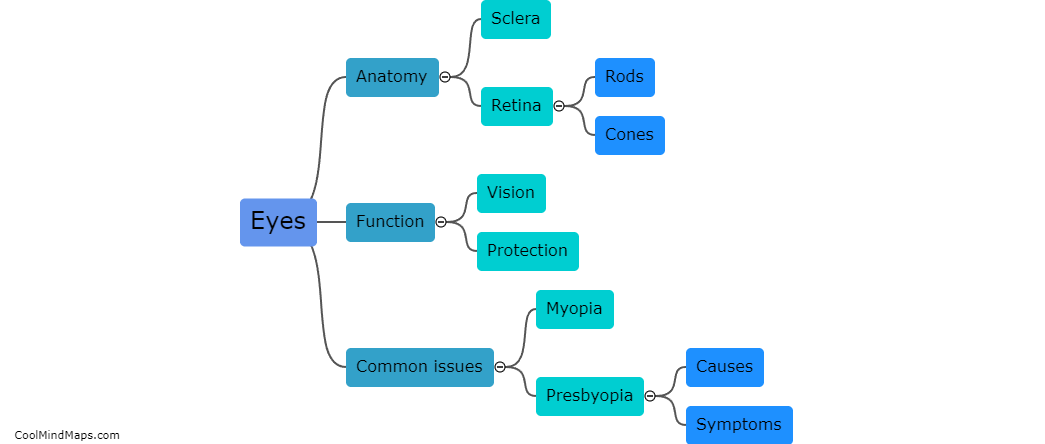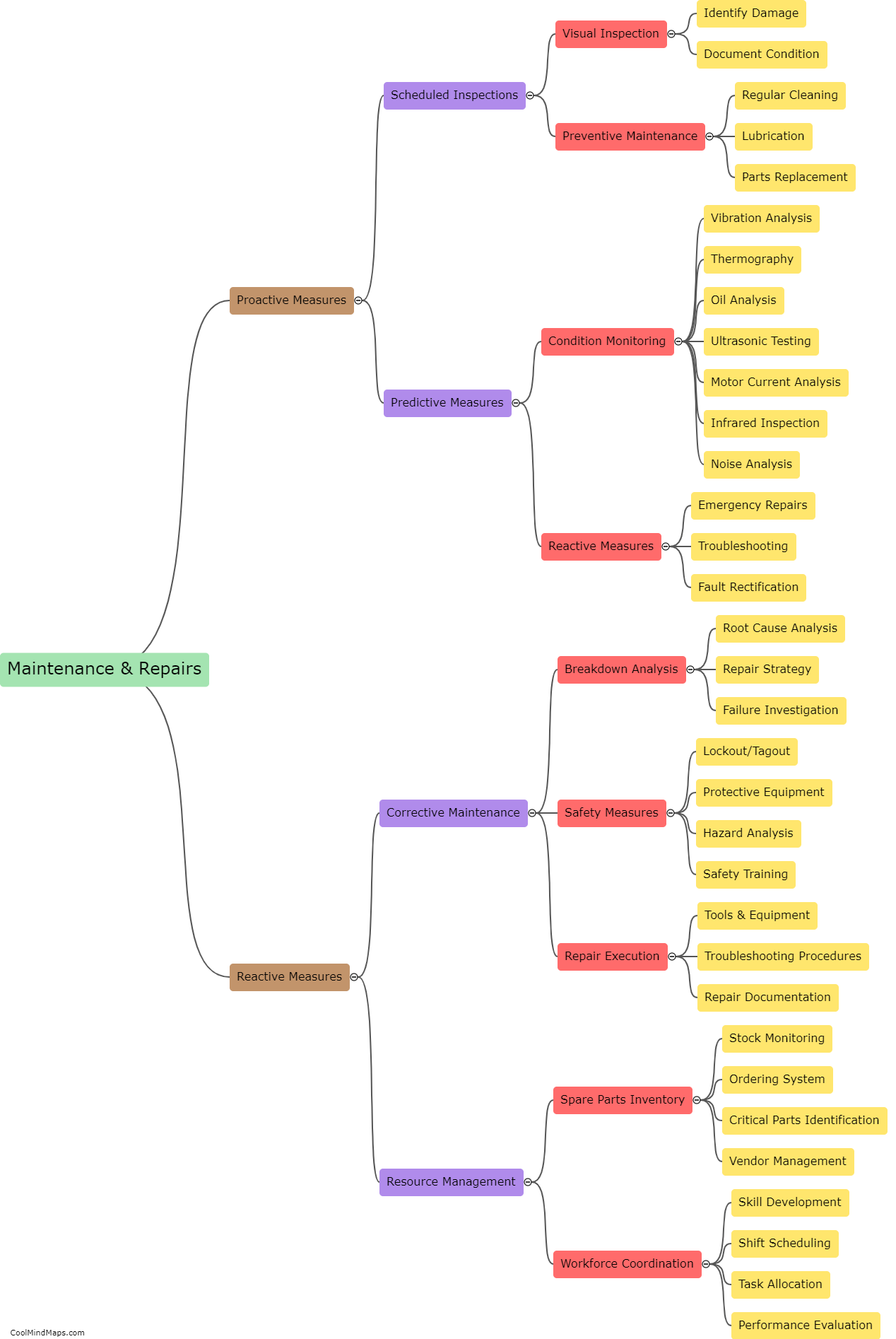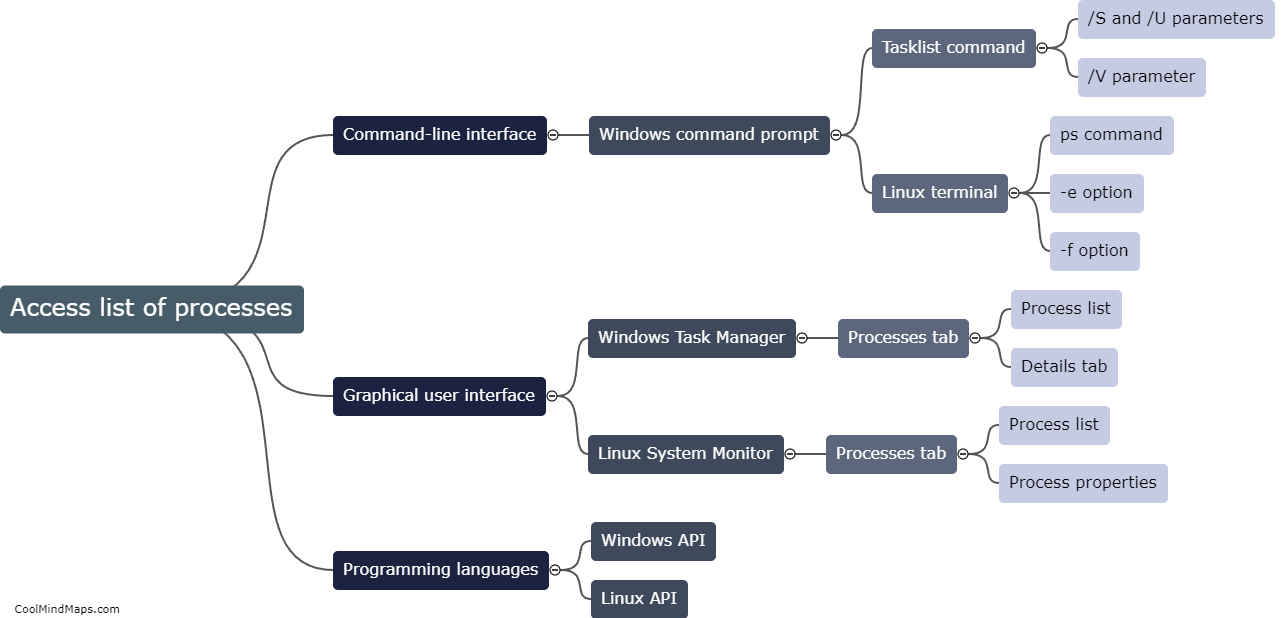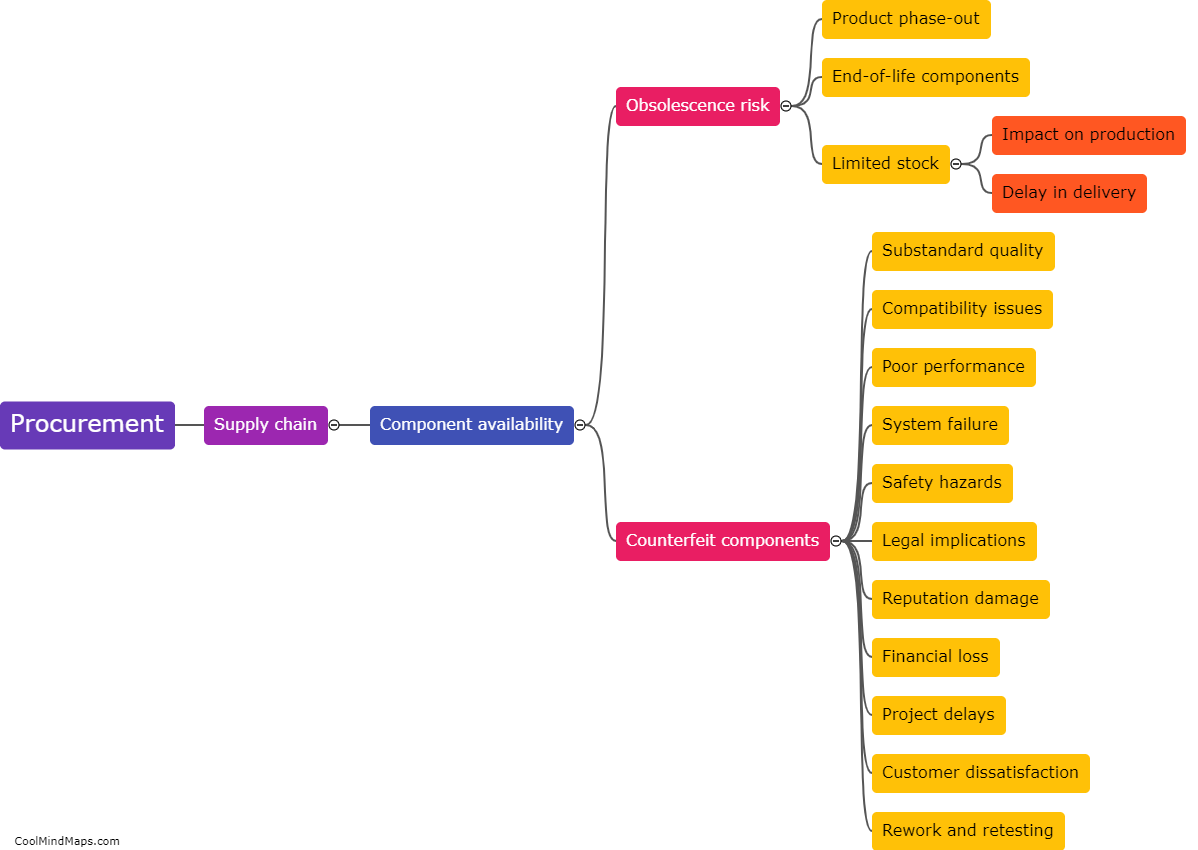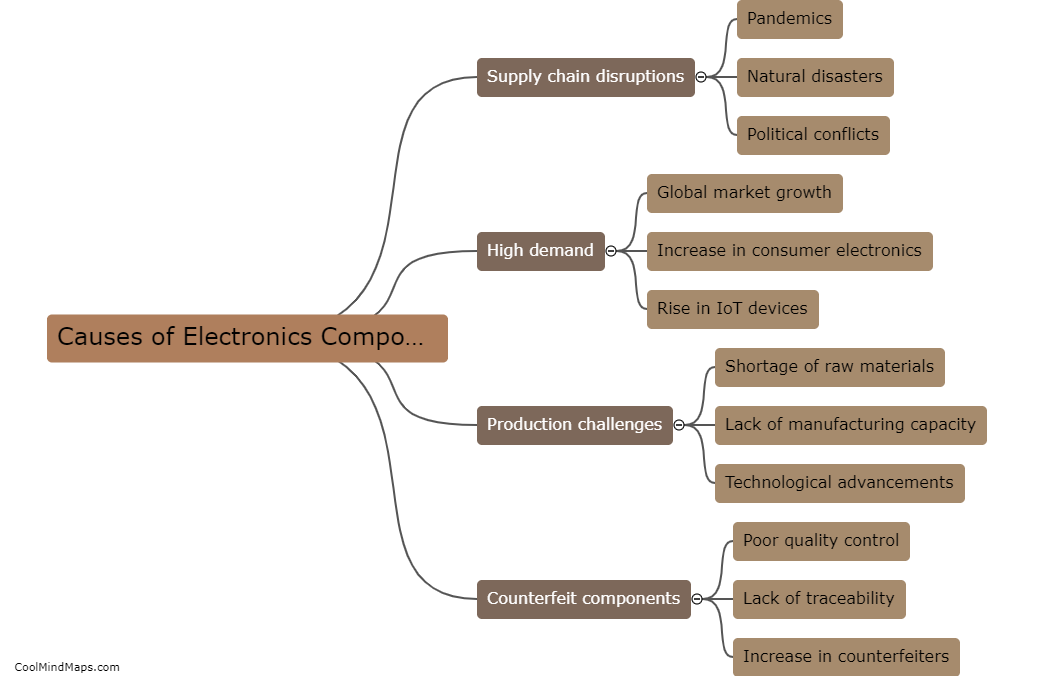What are the different types of relative pronouns in French?
In French, there are several different types of relative pronouns that are used to introduce subordinate clauses. The most common relative pronoun is "qui", which is used to refer to people or things and is often used as the subject of the subordinate clause. Another common relative pronoun is "que", which is used to refer to people or things and is often used as the direct object of the subordinate clause. "Dont" is used to indicate possession and is equivalent to "whose" or "of which" in English. "Où" is used to refer to a place or a time and is equivalent to "where" or "when" in English. Additionally, there are several other less commonly used relative pronouns such as "lequel", "laquelle", "lesquels", and "lesquelles" which are used to refer to people or things and are often preceded by a preposition. Overall, the use of relative pronouns in French allows for the creation of more complex sentences and adds depth to the language.

This mind map was published on 25 November 2023 and has been viewed 106 times.

